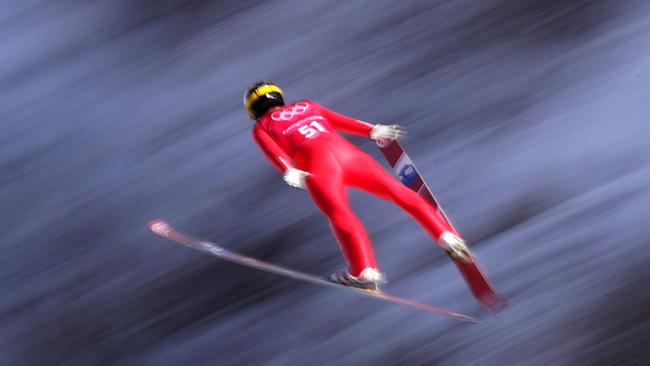Winter Olympic distractions: good sports help keep staff motivated
Workplaces across Australia have seen first-hand the impact high-profile sports events can have on productivity.

The tennis is over, and sports lovers around Australia need something new to obsess over.
Luckily for them, last night saw the start of the 2018 Winter Olympics Games.
For two weeks we will be tuning in to watch the snowboarding, ice-skating, bobsleigh or luge. Once the Games are done, April’s home-turf Commonwealth Games will have the nation cheering again. Then, come June, there’s the FIFA World Cup in Russia.
Workplaces across Australia have seen first-hand the impact high-profile sports events can have on productivity.
We’re familiar with the blurry-eyed worker who’s up at 3am watching a match, or the one who casually ducks out of a meeting to check the score.
Historically, employers have seen the Games and other sporting events as a productivity roadblock.
But smart employers can be strategic and use them to boost effort levels and employee morale, something Australian organisations desperately need.
Gartner research shows that discretionary effort levels in Australia are declining and just 19.6 per cent of employees are willing to go above and beyond the call of duty for their employers.
This means organisations must find new ways to motivate employees, or risk damaging long-term business growth.
The Winter Olympics present business leaders with a huge opportunity to increase retention and engagement across the workforce.
Not allowing people to enjoy the Games is a sure-fire way to kill engagement and increase sick leave and absenteeism.
One great way to capitalise on sporting events and turn distraction into engagement is by offering employees flexible work options.
Gartner research shows flexibility is on the wish list of many Australian workers, making it a natural place to start for organisations looking to boost engagement.
The good news is that temporary flexibility doesn’t require a massive restructure in the way businesses operate.
By allowing employees to start a little later, leave early or even work from home with the help of a good internet connection, employers can keep teams productive and let them watch the events they want.
While flexible working has it benefits, the reality is that it’s not an option for everyone.
In organisations where that’s the case, getting creative with ways to bring the Games into the office can have a number of benefits to employers and employees.
Introducing temporary TVs into the office so employees can take some time away from their desk to watch the Games, or in-office team-building exercises such as creating your own “Office Olympics” including sweepstakes and prizes, are just some of the ways organisations can generate some positive sporting sentiment in the workplace.
But sports aren’t for everyone and while some people love it, others are just not interested. This means that engagement tactics should cater to the needs of the entire workforce.
With engagement levels in free fall, organisations that fail to acknowledge sporting events at all are the ones most at risk of low productivity, disengagement and issues with talent retention.
The pay-off is clear: for every 10 per cent improvement in engagement, organisations can decrease the probability of employees leaving by 9 per cent.
Having options there for employees is a good way to boost morale, increase staff satisfaction, positively affect an organisation’s culture and ensure a productive workforce.
Aaron McEwan is HR advisory leader at Gartner.


